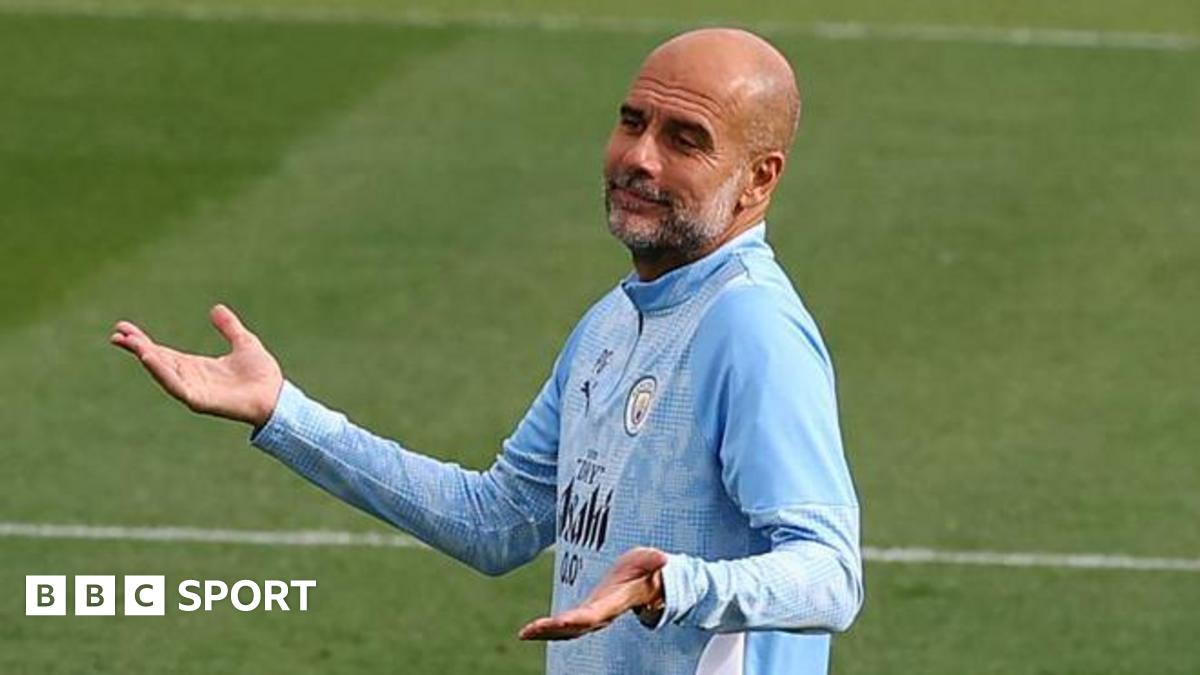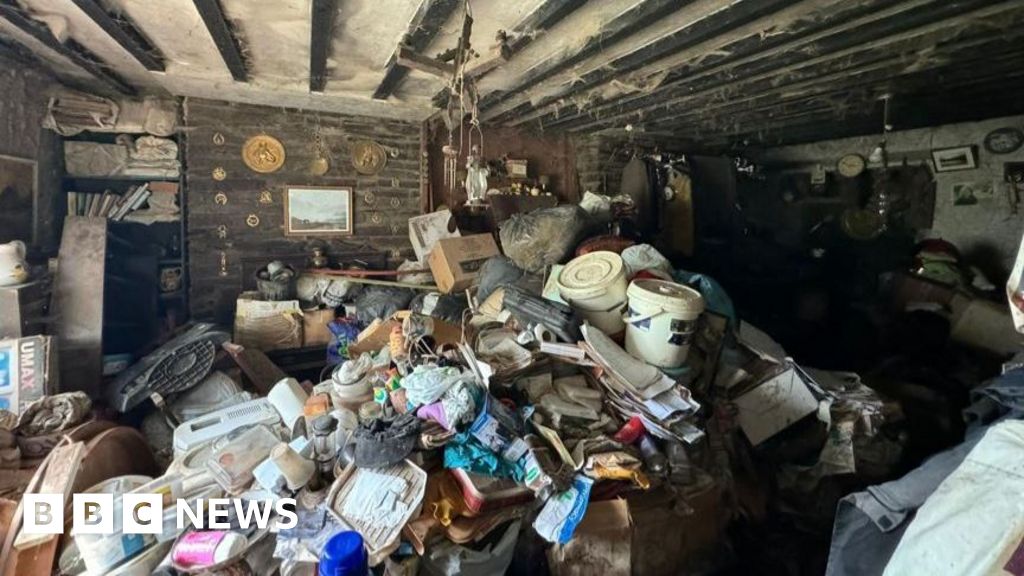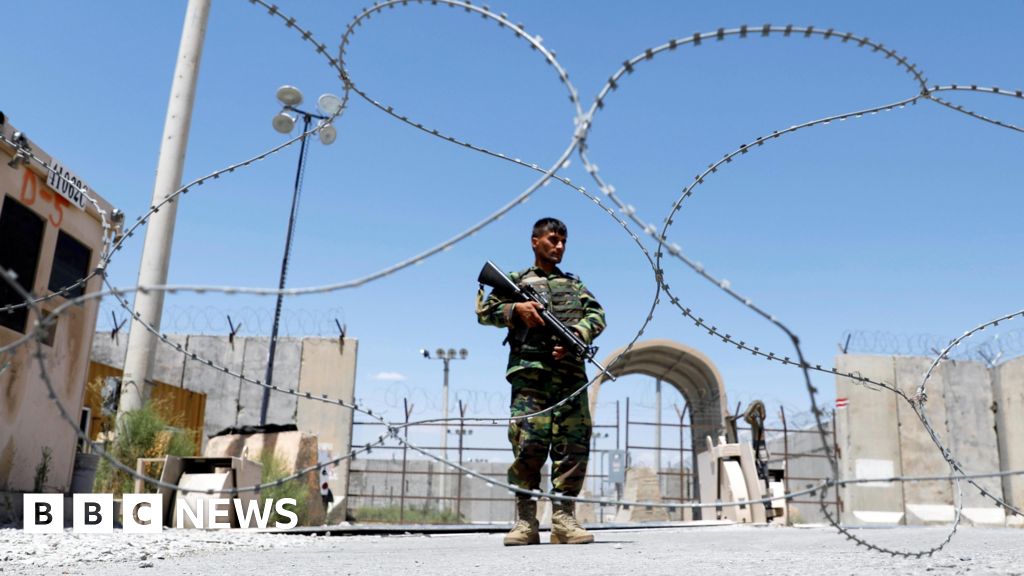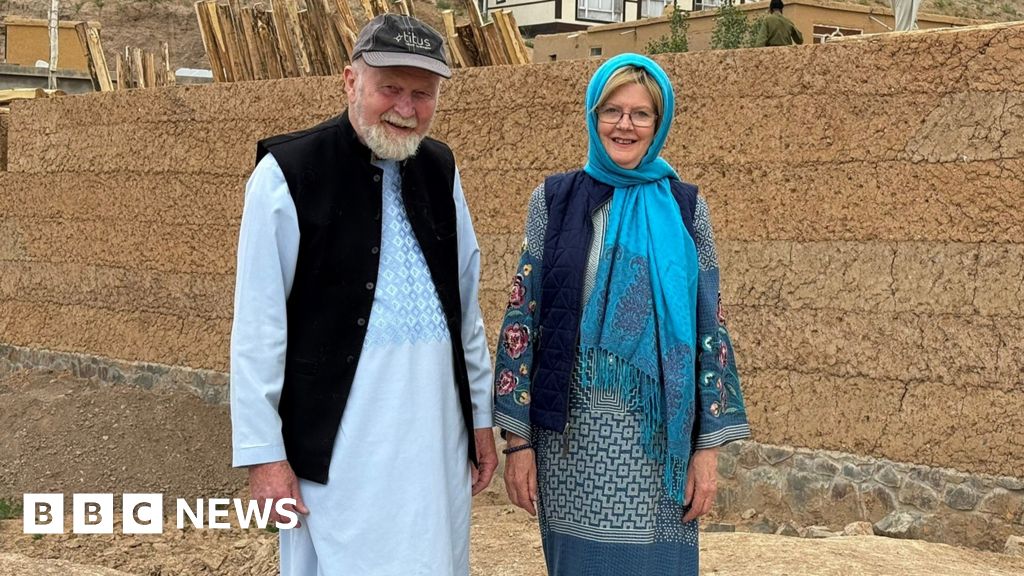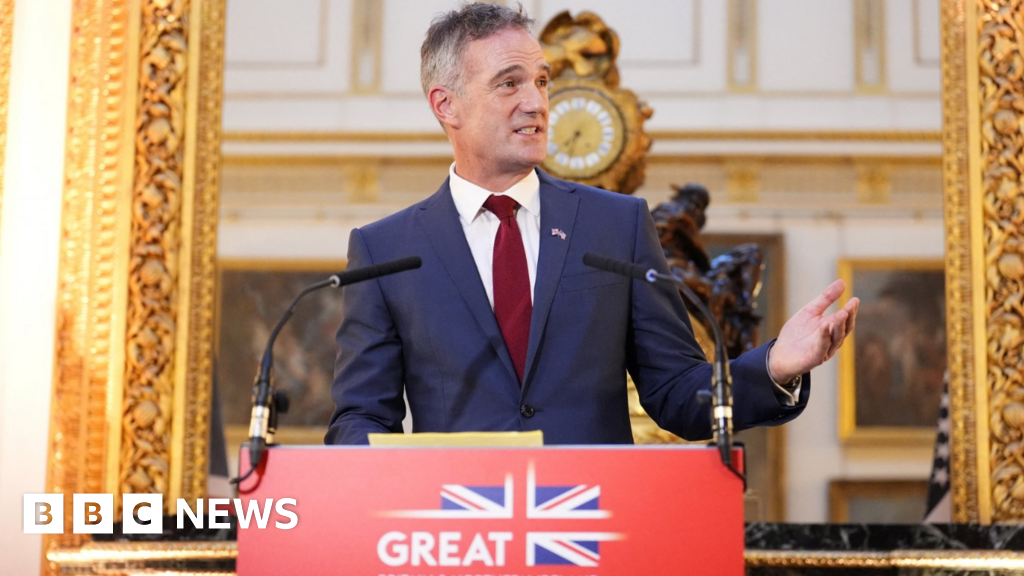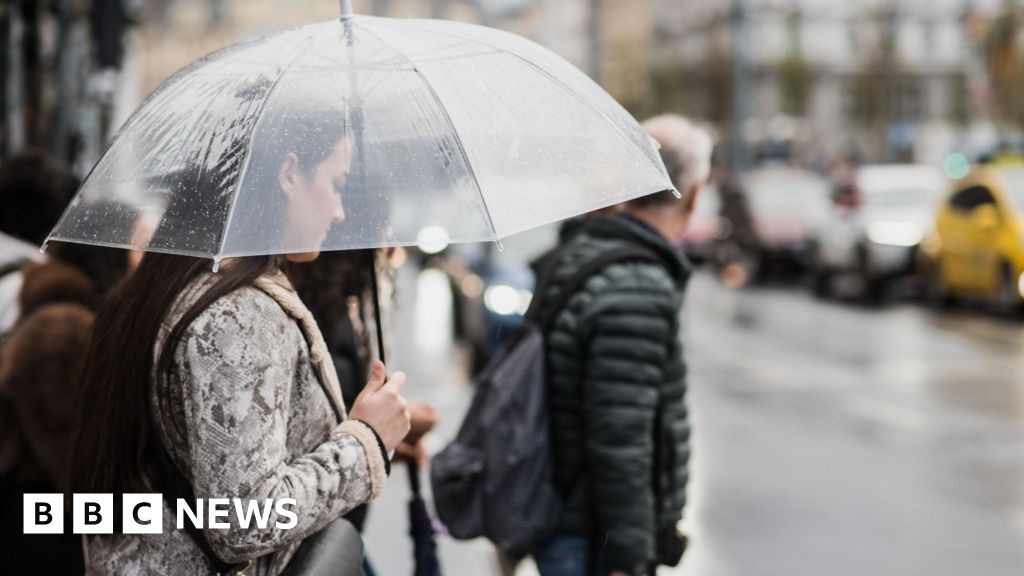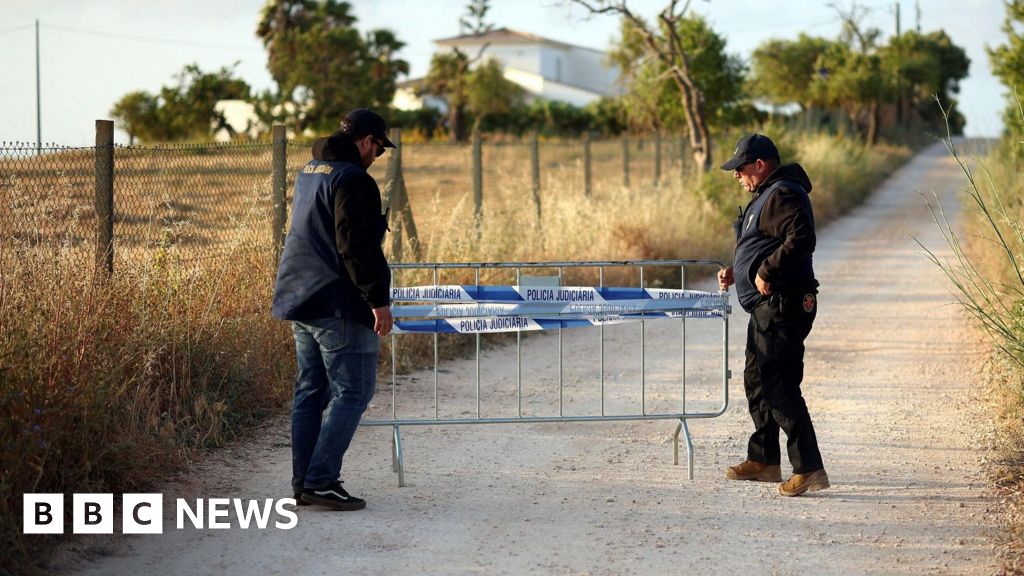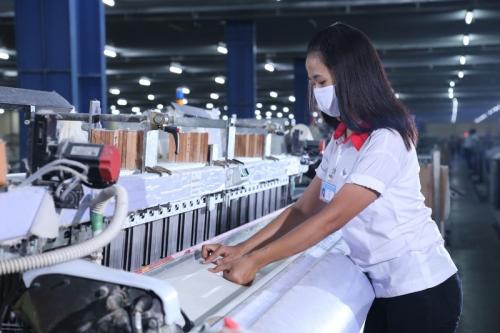Dearbail Jordan
Business reporter, BBC News
Global economic growth is set to be slower this year largely because of Donald Trump's US tariffs, according to a leading international policy group.
Worldwide growth is now expected to slow to a "modest" 2.9%, down from a previous forecast of 3.1%, said the Organization for Economic Co-operation and Development (OECD).
It blamed a "significant" rise in trade barriers for the downgrade and warned that "weakened economic prospects will be felt around the world, with almost no exception".
Since the US president returned to the White House, a long list of countries have been targeted by tariffs, but Trump's unpredictable approach to implementing the measures has created widespread uncertainty.
"We are forecasting basically a downgrade for almost everybody," Alvaro Pereira, the OECD's chief economist told the BBC.
"We'll have a lot less growth and job creation than we had forecasted in the past."
The group also slashed the outlook for the US economy this year from 2.2% to 1.6% and predicted growth would slow again in 2026.
It warned that the US was at risk from rising inflation, something that Trump repeatedly promised would fall during his presidential campaign.
Prior to the release of the OECD report on Tuesday, Trump wrote on social media: "Because of Tariffs, our Economy is BOOMING!"
However, the most recent official data showed the US economy shrank at an annual rate of 0.2% in the first three months of this year, the first contraction since 2022.
Meanwhile, the OECD trimmed its expectations for UK growth this year to 1.3% from the 1.4% it had predicted in March.
It also forecast the UK economy would expand by 1% in 2026, compared to the 1.2% it pencilled in a few months ago.
Like other countries, the OECD said UK growth would be "dampened by heightened trade tensions" as well as "elevated uncertainty".
But the group said Britain was facing its own challenges, in particular substantial government debt interest payments against a "very thin" financial buffer.
In March, Chancellor Rachel Reeves was forced to announce £14bn in measures, including £4.8bn in welfare cuts, to restore headroom against her self-imposed fiscal rules.
Next week, Reeves will set out her Spending Review where she faces tough choices on allocating departmental budgets.
The government has already committed billions of pounds to defence, while the NHS is also expected to be a focus amid Labour's pledge to reduce waiting lists.
The OECD said that for the UK: "Strengthening the public finances remains a priority, by delivering on the government's ambitious fiscal plans, including through the upcoming Spending Review."
It pointed to recent better-than-expected figures for UK economic growth which strengthened to 0.7% in the first three months of the year.
But it cautioned "momentum is weakening, with business sentiment rapidly deteriorating", adding that "consumer confidence remains depressed and has declined since the second half of 2024".
.png)
 3 months ago
43
3 months ago
43




